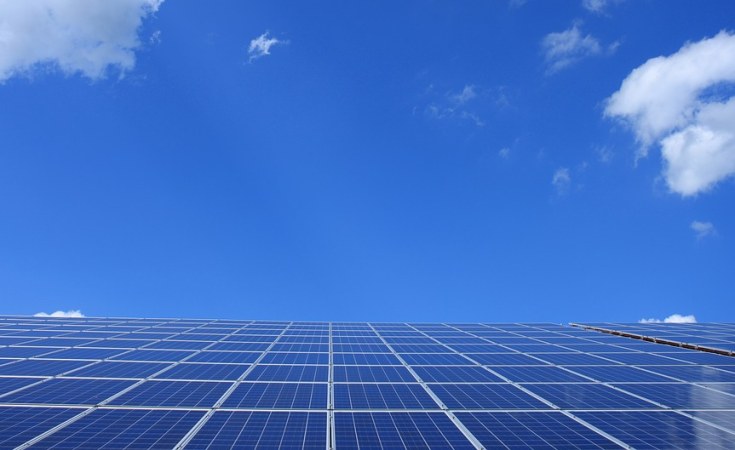Namibia is among a few countries in Africa where the production of solar modules is already cost-competitive with equivalent manufacturing in China.
A recent report from the United Nations-backed organisation, Sustainable Energy for All, says solar module/solar panel manufacturing in some African countries is marginally above equivalent manufacturing in China.
According to Energy Monitor, while it costs 16,3 US cents (¢) to assemble a one watt PV module/solar panel in China, it costs slightly more in some African countries, including Tanzania (17,9¢ ), South Africa (18¢), Namibia (18,1¢) and Ghana (18,3¢).
The report considered costs across seven key metrics - availability of raw material, human resources capability, infrastructure readiness, capital intensity per industrial unit, enabling policies and regulations, demand dynamics and production competitiveness.
Leader in the manufacture of renewable energy products is China, producing most of the solar PV supply chain and battery cells. It also leads in the global processing of critical elements of PV battery production like lithium, nickel and cobalt.
China has also emerged as Africa's largest economic partner, with no other country ranking in the top five for trade, foreign direct investment (FDI) stock, FDI growth, infrastructure financing and aid.
Namibia is poised to be one of the renewable energy hubs, with several solar energy plants in the country and a wind energy plant being developed near Lüderitz.
In addition, Namibia has significant deposits of lithium, mined by London Aim-listed company Andrada at Uis. Other deposits are at Karibib and at Omaruru in the Erongo region.
Besides being a cut above the rest of African mining jurisdictions, Namibia and Africa have only 1% of the world's installed solar PV capacity, yet the continent holds 60% of the best solar resources that could be more readily exploited if there was more comprehensive value creation.
According to UN Energy, the challenges Africa faces in making comprehensive inroads into the sector include limited access to finance, a lack of supportive policy and regulatory environment, infrastructure constraints, limited local supply chains and a lack of skilled workforce and technical expertise.
However, despite a complicated investment environment, manufacturing on the continent is growing fast with sub-Saharan Africa recording a four-fold increase in value since the turn of the century - much faster than the rest of the world.
Experts told Energy Monitor that growing a renewables manufacturing base could make a difference for Africa's sustainable development.
"When a country builds domestic manufacturing and industrial expertise for a certain clean technology, it creates favourable conditions for the growth and acceptance of the technology within the country," says UN Energy.
These favourable conditions include local job opportunities and reduced dependence on imports, which would make solar technology more accessible and affordable. The fact that Africa has such strong domestic solar resources would further catalyse the gains in acceptance levels and affordability.
There is a need for effective industrial strategies for African nations to develop their solar manufacturing base and leverage the advantage of the presence of critical minerals.
"These must include infrastructure development, investments in research and development, access to finance and workforce development," says UN Energy.
The establishment of the African Continental Free Trade Area (AfCFTA) in 2018 gives a "big boost" to industrial efforts, according to Jodie Keane, a trade economist at the Overseas Development Institute.
The second-largest trading bloc in the world by number of countries, one of the AfCFTA's key mandates is promoting industrial development through diversification and regional value chain development.
A 2022 World Bank report estimated that Africa could see foreign direct investment increase by up to 159% if AfCFTA is effectively implemented.


